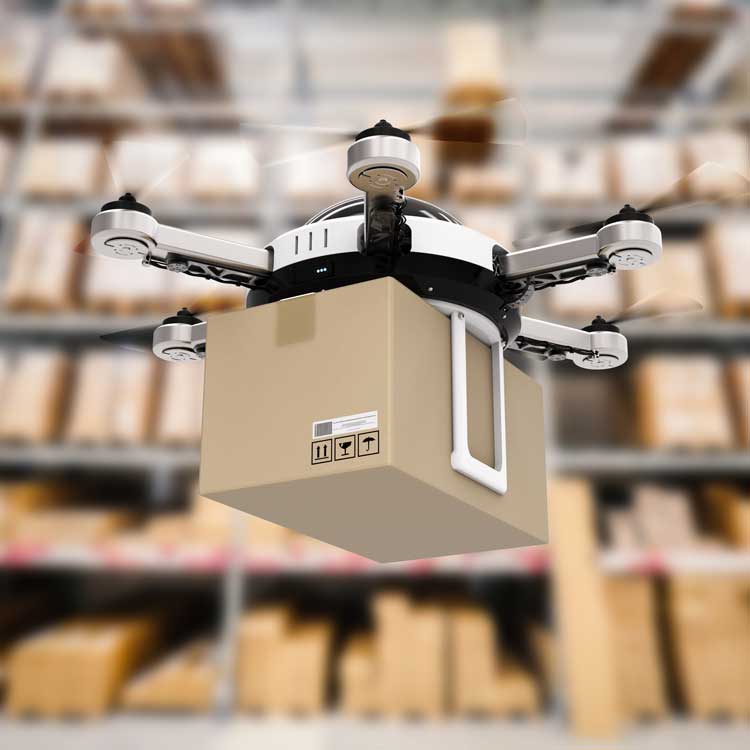Ingenito was also attracted to the speed enabled by Nutanix enterprise cloud technology – both in deploying the infrastructure and performance. After implementing it in March, he said his IT team saw dramatic performance improvements in how they could respond to needs.
“We’re running at least 50 percent faster than before,” Ingenito said. “What we were able to do in three hours of intense calculations before, we can now do in an hour and a half. We have also seen improvements on the user side, where we’re building and delivering software products in half the time.”
Looking Ahead
Ingenito was only three or four years old when he first became interested in technology. He had an uncle who worked for IBM. The younger Ingenito would tinker with technologies his uncle would bring home from work.
“That was my first interaction with technology,” Ingenito says. “I’m a computer science engineer, so it has been my field of study, work, and passion from the beginning.”
For this lifelong IT veteran, the current shift to remote work represents a fascinating case study in how technology can fuel business transformation. Moves made during the lockdown are likely to yield business improvements for years to come, he noted.
“The Nutanix implementation improves our capabilities in terms of planning a build and delivering and getting the software solution ready for the testing phase,” Ingenito said.
But while the coronavirus crisis will change the way employees in Italy and across the world work, it won’t have a drastic impact on his company’s IT roadmap, Ingenito said.
“We’ll all need to change the way we approach normal life. We will be back with new rules. Our offices will not have the same layout they had in the past, and this will also apply to other workplaces, such as restaurants. But we were on a good track before. So we will look at work activities to make them even more effective. But the roadmap we have in place, which is driven by risk analysis, will remain almost the same.”
Shortly after the lockdown lifted across Italy, TXT Group promoted Ingenito to Chief Information Officer. He now directs the IT team’s procurement, facility, safety and security efforts.
“I’m building stronger relationships for IT across the business,” he said. “I’m building a strong operations team that applies a “think global, act locally” approach to improve business performance and optimize staff productivity.”
His vision and execution positioned TXT Group to handle the surge in remote workers during COVID-19. Now he’s in a better position to help the company shape its future.













